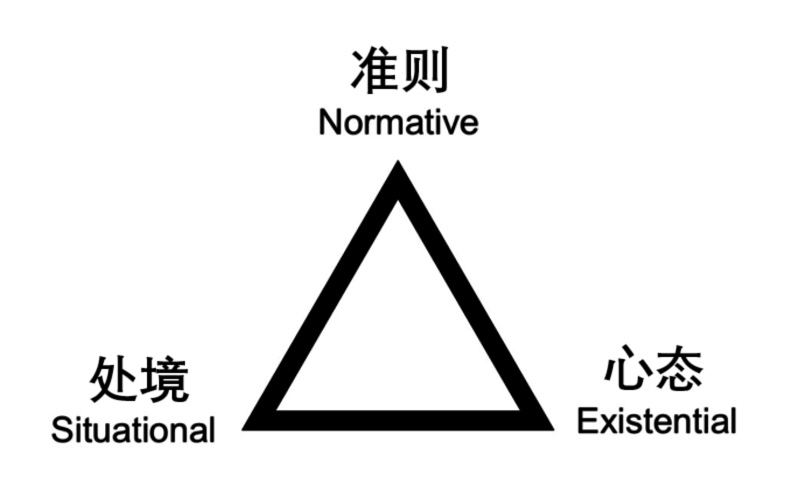“这个世界聪明的人太多,肯下笨功夫的人太少,
所以成功者只是少数人。” — 胡适
国学大师钱穆说:“古往今来有大成就者,诀窍无他,都是能人肯下笨劲。”
作家刘震云说:“我们民族最缺的就是笨人。因为中国人聪明的太多了,越聪明的人,越应该有一种踏实和实干的精神。”
莫扎特六岁第一次写协奏曲,但在这之前,他父亲已经指导他练习超过了 6,500 小时。
巴菲特在 2011 年投资 IBM 之前,已经看过 IBM 50年来所有的年报,而在1988年决定投资可口可乐之前,阅读过该公司 1892 年之后所有的年报。
丁俊晖 8 岁半开始练习撞球,初一辍学后,每天平均练习 10 小时,18岁那年成为英国竞标赛冠军时,已经练习超过了 17,500 小时。
有人问美国「篮球天才」科比为何如此成功,他反问道:「你知道凌晨4点的洛杉矶是什么样子吗?」
李嘉诚有个著名的时间表,每晚睡觉之前一定要看书,12点必须睡觉,早上准时 5:59 分起床,决不拖沓,差不多坚持半个世纪之久。单是这份毅力和自律。曾经有人问李嘉诚,「为什么我混了30年,还是这样碌碌无为」。李:「因为你还在睡觉的时候,我已经起床了,很多人都不平庸,只是付出的不够多。」
依然记得王安石写的《伤仲永》,仲永是个神童,五岁就能提笔写诗,一时间名声大噪,人们花钱请仲永写诗,他父亲觉得有利可图,便带着他四处写诗赚钱,不让他读书。后来仲永才华尽失,沦为普通人。天赋再高,没有后天一点一滴的努力,也是枉然。而有些人,天赋虽然不高,却肯下笨功夫,比常人努力十倍,最终成就不凡的人生。
“天下之至拙,能胜天下之至巧” — 曾国藩
曾国藩天赋就不高,寻常的文章,普通人看十几遍就背下来了,而曾国藩往往看几十上百遍都背不下来。有天晚上,曾国藩在家背书,家里来了小偷,本想等曾国藩入睡后下手,可是曾国藩把书背了一遍又一遍,背到大半夜,还没背熟。小偷忍无可忍,把曾国藩念的书从头到尾背了一遍,骂他:「这么简单的文章,我都背会了,你这笨脑袋,还读什么书?」然后生气地拂袖而去。
曾国藩虽然天分不高,却肯下笨功夫,比平常人努力十倍,不完成当天的功课绝不睡觉。正是凭着这样的笨劲,曾国藩把根基打得扎扎实实,不留余弊,不留后患。曾国藩读书不走捷径,一句不通,不看下句,今日不通,明日再读。
曾国藩说:天下之至拙,能胜天下之至巧。
曾国藩六勤:人生之败,非傲即惰,二者必居其一,然勤则百弊皆除;勤分六种,全勤则真勤:
- 身勤:路虽远行则将至,事虽难做则必成;
- 眼勤:遇一人必详细观察,看一文必反复审阅;
- 手勤:易丢之物随手拾之,易忘之事随笔记之;
- 口勤:他人之长多夸多赞,自己之短多学多问;
- 心勤:精诚所至金石为开,苦思所至诸事皆通;
- 脑勤:谋定而后动,知止而有得,万事皆有法,道正世则通;
笨拙的人不懂取巧,遇到问题只知硬钻过去,因此不留死角。相反,那些有小聪明的人不愿下「困勉之功」,遇到困难绕着走,基础打得松松垮垮。所以,「拙」看起来慢,其实却是最快,因为这是扎扎实实的成功,不留遗弊。
“越是聪明人,越要懂得下笨功夫” — 钱钟书
钱钟书进入清华后的目标是「横扫清华图书馆」。钱钟书是公认的 “聪明人”,许多人说他记忆力特强,读书过目不忘,他本人却并不这样认为,他说自己只是好读书,肯下功夫罢了。他的治学心得是:「越是聪明人,越要懂得下笨功夫。」他读书时,总是要做笔记,一本书会读很多遍,笔记也会不断地添补。他做笔记的时间,大约是读这本书的一倍,所以他读的书虽然很多,也不易遗忘。他一般把书读完了,就会送人,家里存留的只有笔记,也因此,他虽然学富五车,家里的藏书却只有一个书架。
愚蠢的人总在找捷径。那些真正的聪明人,却始终都在踏踏实实的下着「笨功夫」!一件事坚持一天、一星期、一个月或许很多人能做到,但是坚持一年、五年、十年呢?简单的事情重复做,重复的事情坚持做。如果你连量的积累都做不到,如何能让自己有质的变化?
 Default
Default  No Comments
No Comments  Default
Default  No Comments
No Comments 